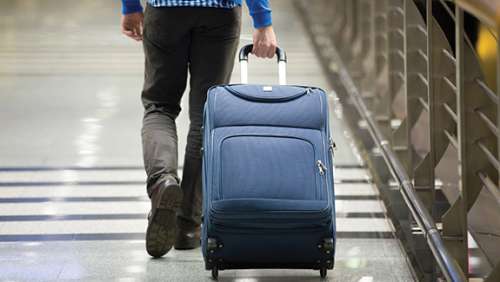
Past Member

Why Join MeetAnOstoMate?
First off, this is a pretty cool site with 33,472 members. Get inside and you will see.
It's not all about ostomy. Everything is being discussed.
Many come here for advice or to give advice 🗣, others have found good friends 🤗, and there are also those who have found love 💓. Most of all, people are honest and truly care.
Privacy is very important - the website has many features that are only visible to members.
Create an account and you will be amazed.
Advertisement
Hollister
Your stoma doesn't have to get in the way of sampling local cuisine and activities when you're on vacation.
Check out our travel tips on diet and fitness.
Check out our travel tips on diet and fitness.
Advertisement
Hollister
You've checked off everything on your travel checklist. So, now it's time to pack your ostomy supplies and anything else you need. Do it the right way with these smart tips.




